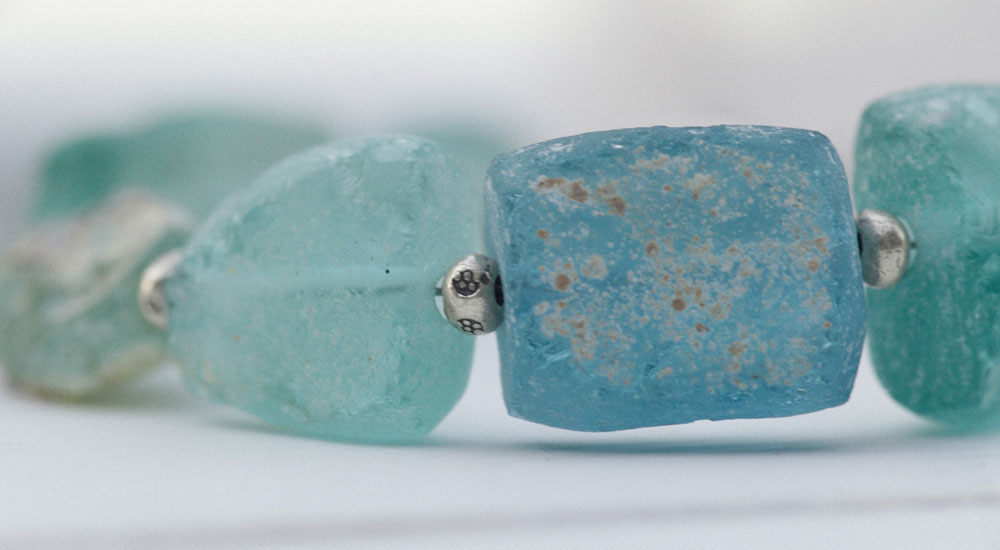Crystal Reflexology is based on the ideas that the body and the workings of the body, emotions and spirit are reflected in the feet; and that all of the body, emotions and spirit vibrate and that the natural vibrations of crystals can resonate within the body to aid healing. There are many ways of using Crystals combined with Reflexology.
Reflexology is a pressure therapy primarily involving the feet. It revolves around the understanding that there are reflex points on the feet (and hands) that relate to the structure and function of all parts of the body. Applying pressure to these reflexes using a gentle on-off pressure influences the state of the body in many ways. For example, reflexology has been found to reduce stress and tension, relieve pain, improve bodily functions and generally restore the body to a better state, so improving physical wellbeing. The way in which a reflexology treatment achieves its sometimes startling results has not yet been scientifically established, although there are a number of theories. Irrespective of how it is actually achieved, reflexology is believed to influence the functioning of the body. It has been shown to:
- induce a state of deep relaxation,
- reduce stress and tension,
- improve the blood supply,
- promote the flow of nerve impulses,
- reduce inflammation,
- encourage the release of toxins held in the organs and aid their elimination,
- reduce congestion and stagnation so returning the body to a more natural state/rhythm, and
- assist the body to regain its natural equilibrium
The fact that reflexology is capable of inducing a state of deep mental and physical relaxation may, in itself, provide a favourable environment in which healing can take place. Also, the psychological benefits of being involved in a one-to-one treatment involving physical contact should not be overlooked.
Our comprehensive:
- Introduction
- Treatment points
- History
- How does Reflexology work?
- Safety and Detox Symptoms
- Contra-indications to Reflexology
- Location of Reflex points on the Feet
- Chakra Reflex points
- Preparation and sequence
- Client care and case history form
- Evaluation of the feet
- Foot Conditions
- The Treatment
- Warm Up
- Finger Techniques
- Step-by-step treatment sequence
- Crystal Reflexology
- Reflexology Foot Chart
- Hand Reflexology
- Conditions and Treatment
- Crystals, Professionalism
- Setting up your own business
- Case Studies
- Glossary
- Quick Reflex Points
Upon completion of this course, you will know:
- The various reflex areas on the feet and how they correspond with the body
- Which reflex areas to stimulate for different ailments
- How to conduct a full Crystal Reflexology session on a client
- How to take a full case history when consulting with clients
- How the body systems interact, and their various functions
- Spiritual causes of dis-ease
- Which situations a Crystal Reflexology are contra-indicated and when treatments should not be done on a client











